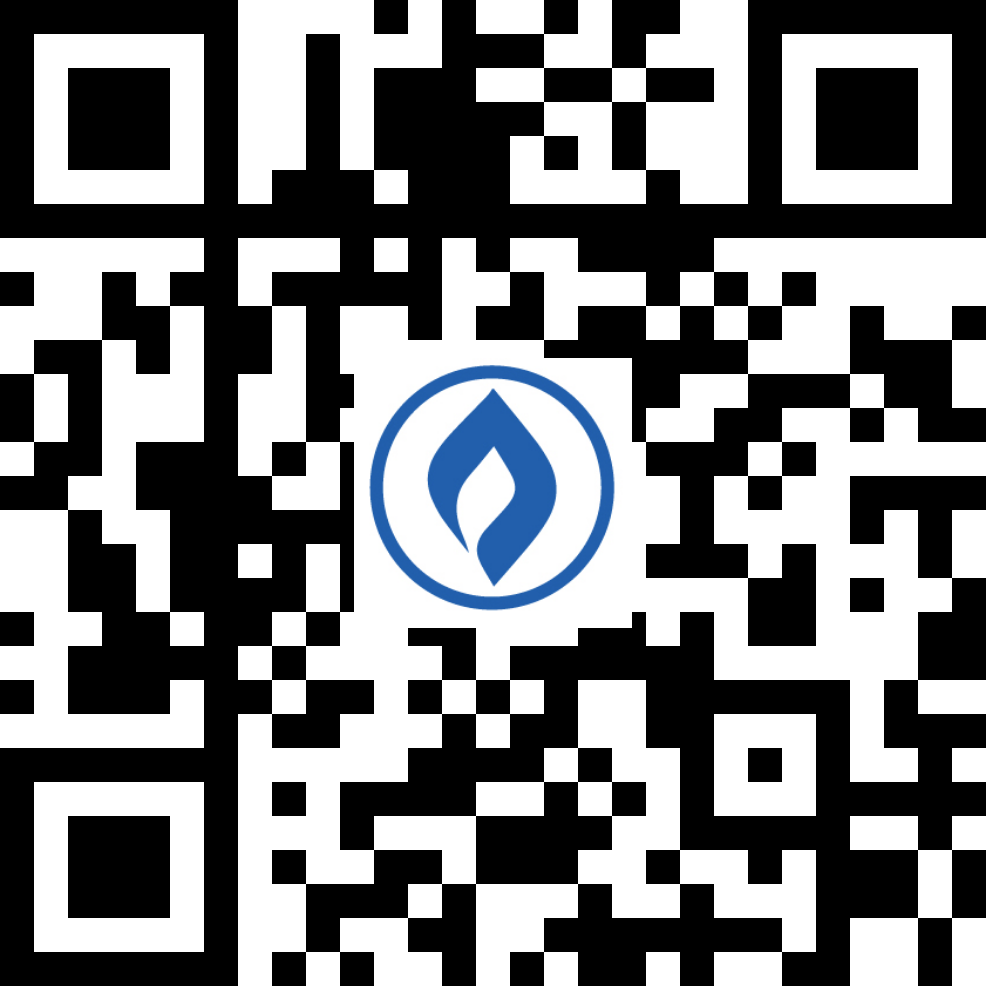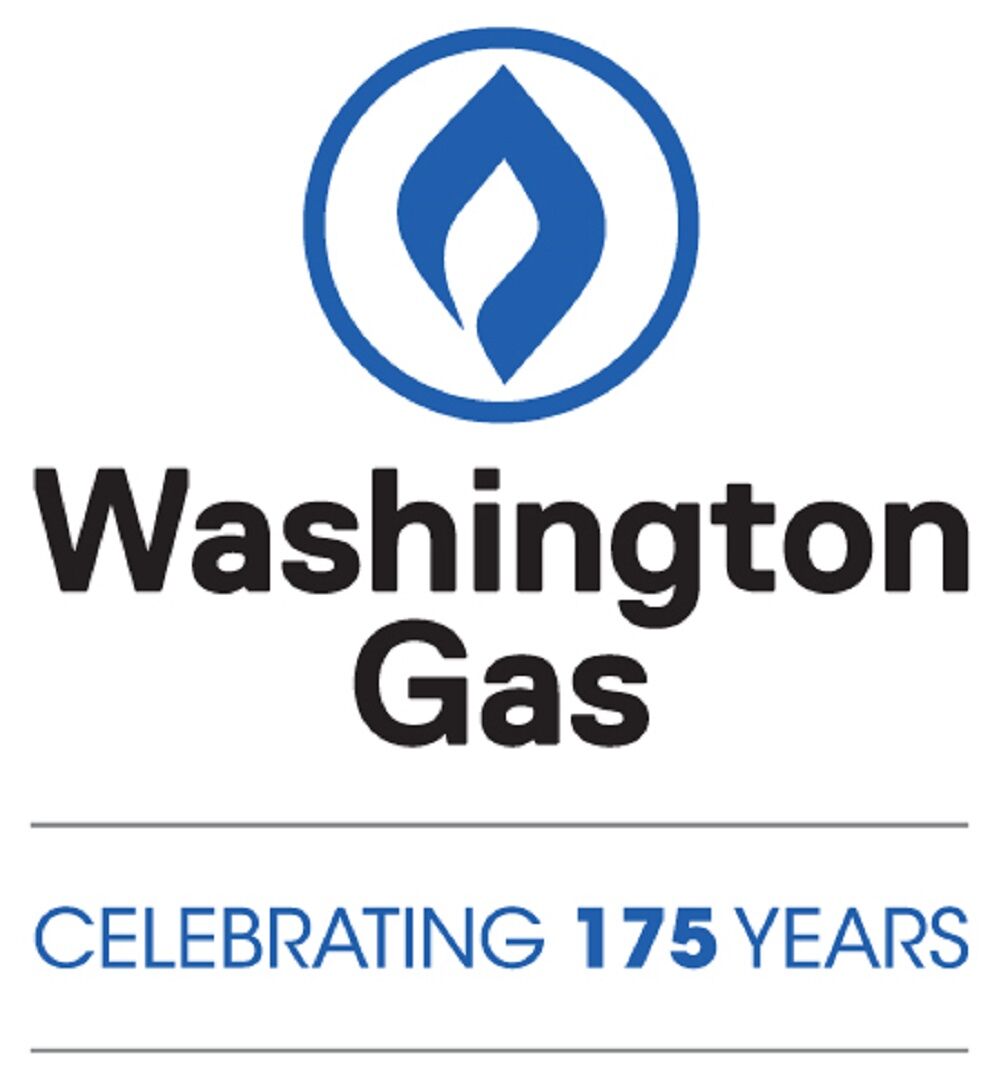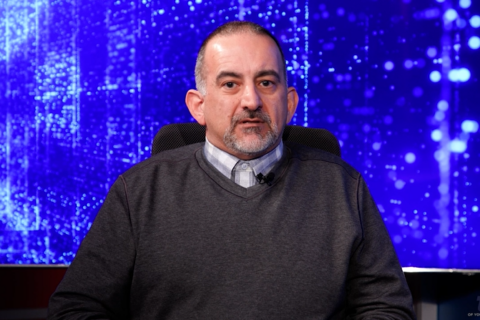This content was provided by the Greater Washington Board of Trade.
Since 2022, Washington Gas has teamed up with WUSA9 for multiple Recycle Days. On March 9, our Springfield, Virginia location volunteers welcomed hundreds of vehicles to drop off items rerouted from landfills to recycling facilities. All that behind-the-scenes work resulted in 26 tons of old paper being reclaimed for a new future.
Want to see something even more inspiring? Check out the cumulative results from our five sponsored Recycle Days.
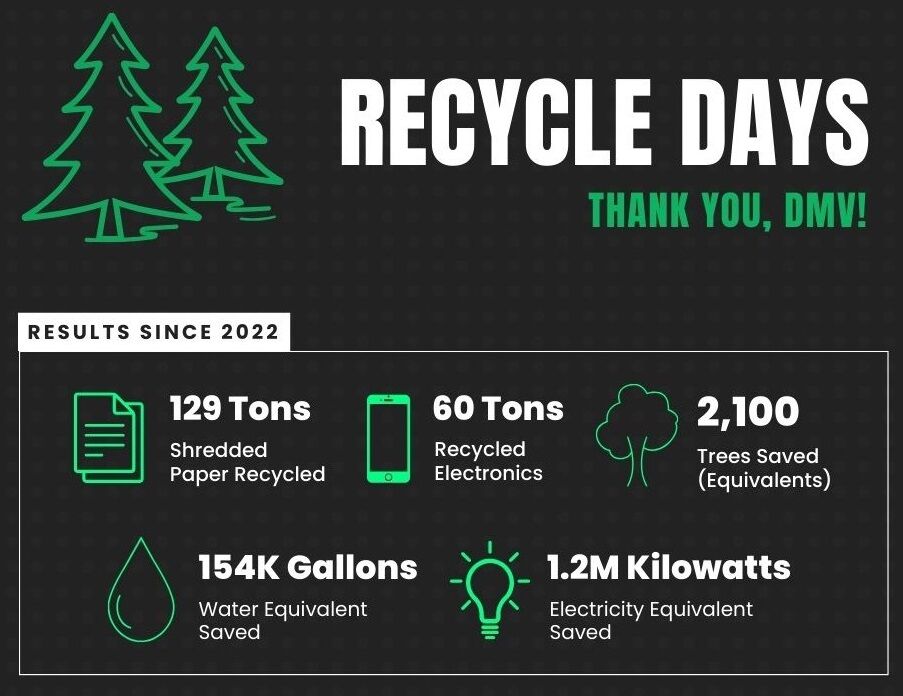 📝 Paper: 252,000 pounds (129 tons)
📝 Paper: 252,000 pounds (129 tons)
With the average ream of copy paper containing 500 sheets, 129 tons of paper equals over 25 million pages. That’s enough to stack as high as about 20 Washington Monuments and enough square footage to paper more than 270 U.S. football fields.
🖥️ Electronics: 133,000 pounds (60 tons)
Electronic devices are especially problematic in landfills. Their glass alone can take 1-2 million years to decompose, so every reclaimed electronic is a win. Rescuing old items can also reduce the high-energy needs of raw mining and first-time refining. For example, steel is 100% recyclable and can be repeatedly reused at the same quality, while recycling aluminum uses 95% less energy than producing the metal from its original ore.
🌲Trees: 2,100 saved (equivalent)
When envisioning the 2,100 tree equivalents saved overall, picture preserving more than half of the 3,800 flowering cherry trees along the National Mall. Since trees love hydration, they’ll be extra happy to learn that the five combined Recycle Days have conserved more than 154,000 gallons of water.
We thank WUSA9 and everyone in the DMV for being outstanding partners in making small changes that led to staggering results. While we’re very proud of these initiatives, the planning and work toward our energy future are only getting started.
Trash & Trilemma
As we celebrate the immediate wins from Recycle Days, our world is also facing what is known as the Energy Trilemma. If you’re not familiar with this term, it refers to the challenge of balancing our energy systems to be reliable and affordable while supporting climate goals, now and in the future.
- Reliability means ensuring that energy supplies are consistent and dependable to run homes, businesses and services without interruptions. In 2023, the Washington Gas reliability rate was 99.86%.
- Truly affordable energy must be equally available and cost-effective for all. The American Gas Association (AGA) confirms that using natural gas has saved families $125 billion over 10 years.
- Supporting climate goals includes making intelligent, innovative energy decisions that support lower-carbon solutions and long-term efficiency. For example, Washington Gas is making a strategic investment of $1.7 billion over the next five years in pipeline modernization.
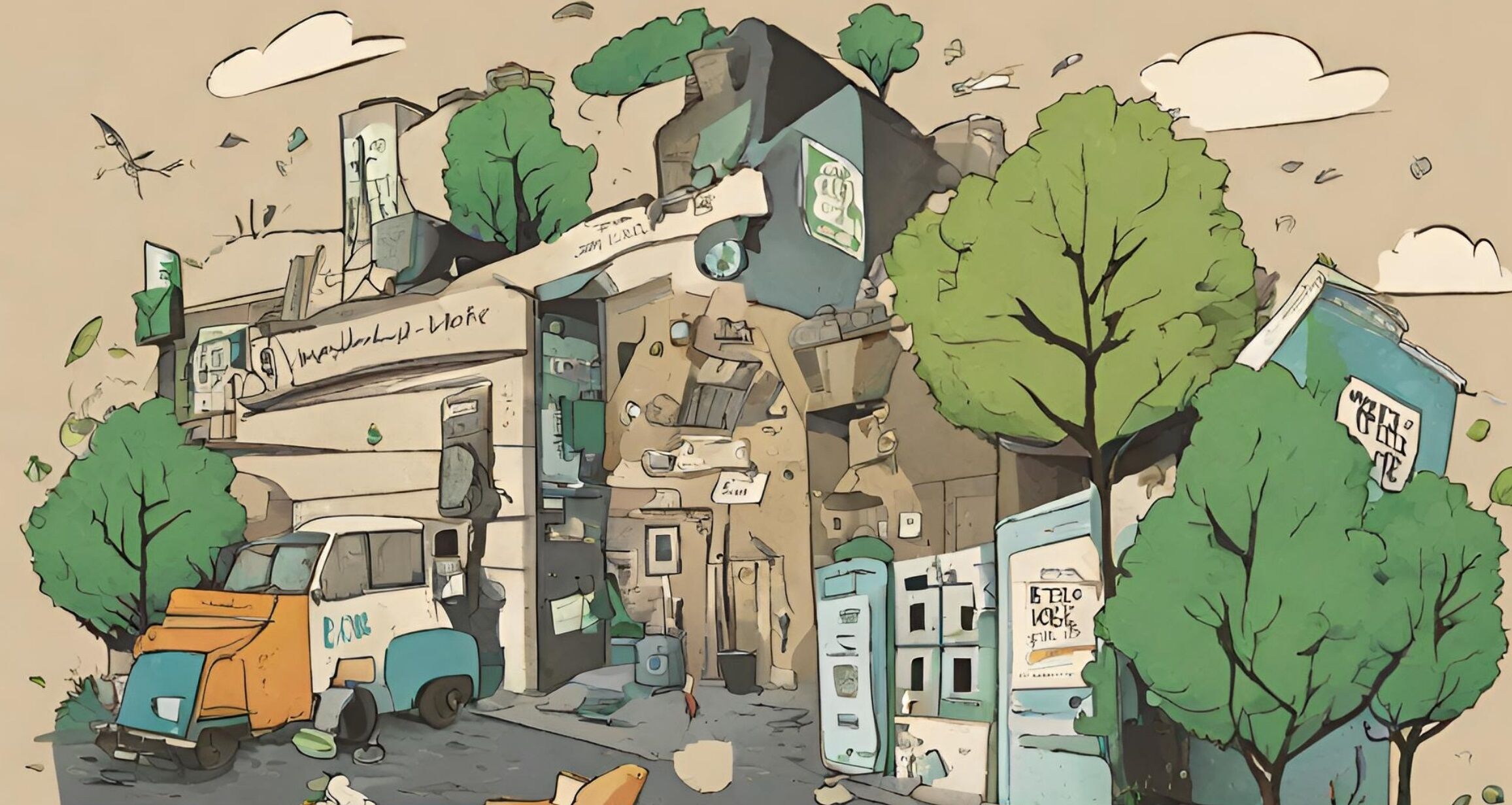 From Recycle Days to modernizing our infrastructure, these interlocking steps can help resolve the Energy Trilemma. Our distribution networks enable us to deliver natural gas today and can also provide a foundation for delivering lower-carbon solutions in the years ahead. In the short run, we will primarily pursue energy efficiency and renewable natural gas (RNG) projects. These are ready-now technologies that we will continue to innovate into the future.
From Recycle Days to modernizing our infrastructure, these interlocking steps can help resolve the Energy Trilemma. Our distribution networks enable us to deliver natural gas today and can also provide a foundation for delivering lower-carbon solutions in the years ahead. In the short run, we will primarily pursue energy efficiency and renewable natural gas (RNG) projects. These are ready-now technologies that we will continue to innovate into the future.
Recycling and RNG
While they may seem unrelated, recycling events and RNG share a common thread: transforming waste into wins. Just as recycling helps keep trash out of landfills, RNG technology can convert organic landfill waste into lower-carbon fuel options.
Renewable natural gas can be an exciting, powerful strategy for managing municipal landfill methane emissions. Landfills produce methane because of significant accumulations of biostock: a mix of food and landscape waste, biosolids, manure, digestate, sludges and other organic materials. (Yummy.)
The U.S. Environmental Protection Agency estimates that, in 2019 alone, the food retail, food service and residential sectors generated 66 million tons of wasted food, with about 60% of this going to landfills. Municipal solid waste landfills, in 2021, generated about the same greenhouse gas emissions as 23.1 million gasoline-powered passenger vehicles driven for one year. Now for the good news. Specialized facilities can collect and process biostock to create concentrated methane gas (RNG). When injected into natural gas pipelines, RNG can provide a readily available renewable energy source. Washington Gas has partnered with various companies to support safe RNG integration into our existing natural gas distribution infrastructure. Strategically located across the DMV service territory, these resources will help ensure reliable, affordable energy while supporting long-term climate goals.
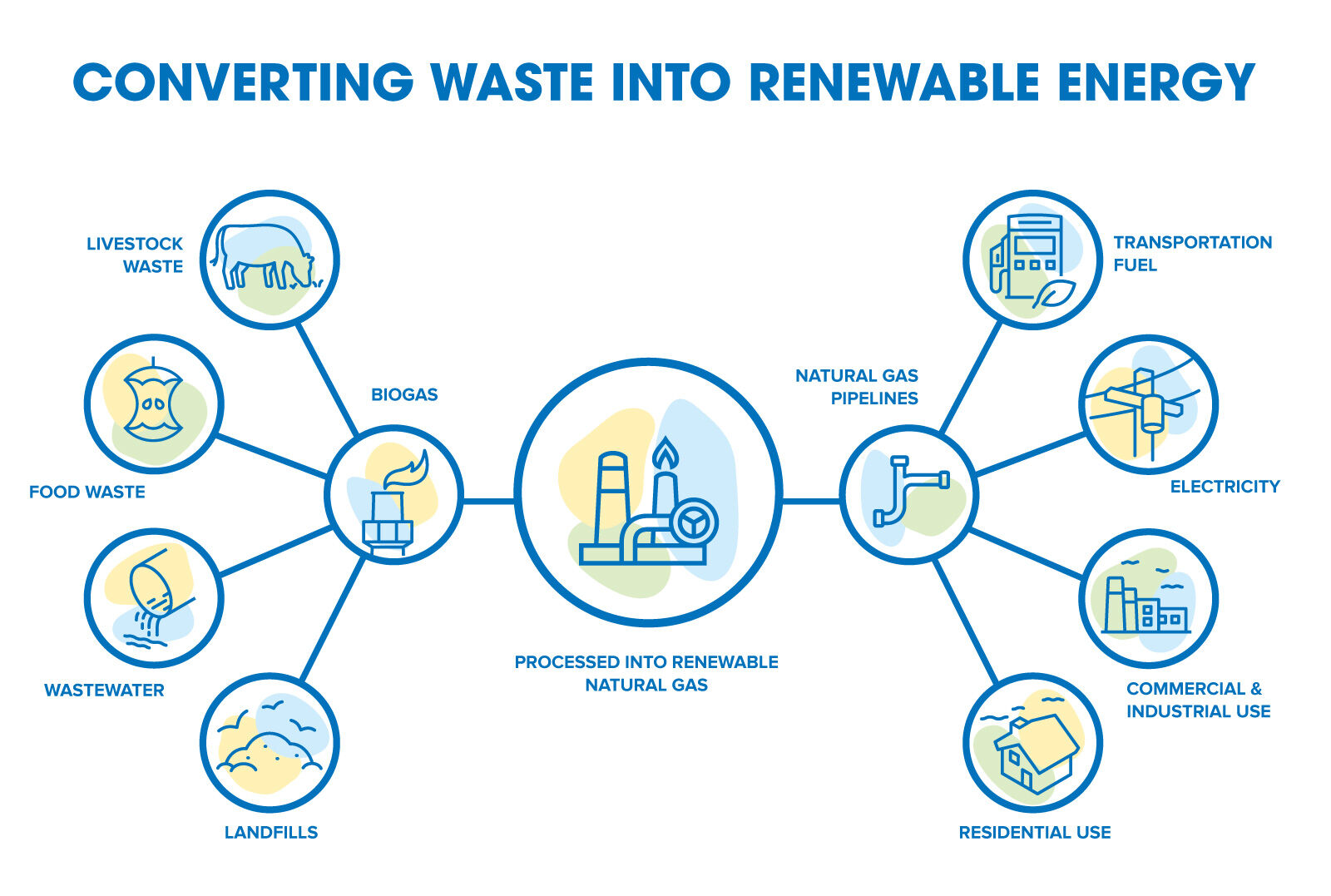
From recycling to RNG, Washington Gas is proud to be the DMV’s modern energy partner. We will soon share more about our plans, including the 2024 results update for our Accelerated Pipeline Replacement Programs.
Please stay tuned, and thank you for 175 years of support. We are honored to provide the safe, reliable energy that powers the DMV.
